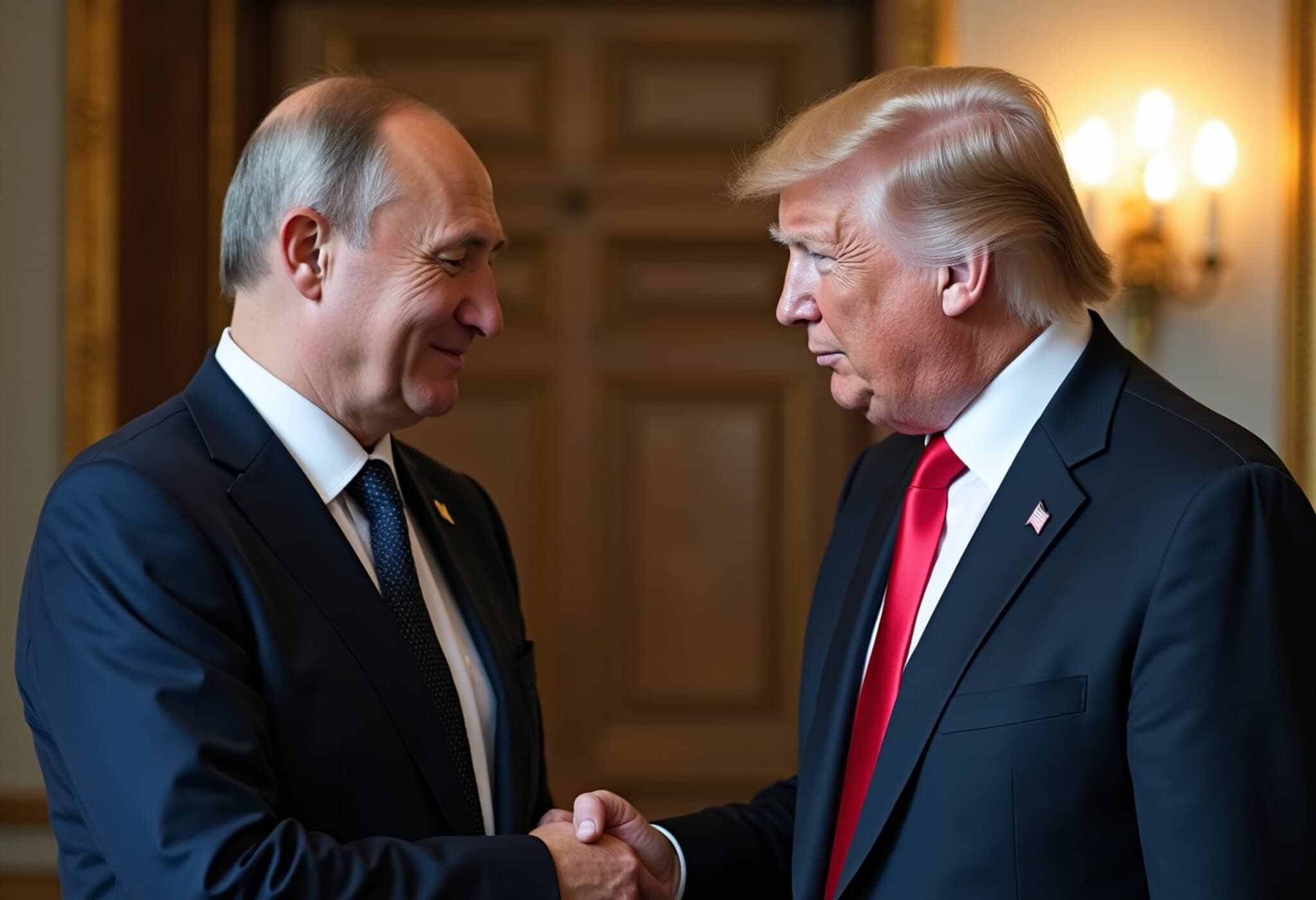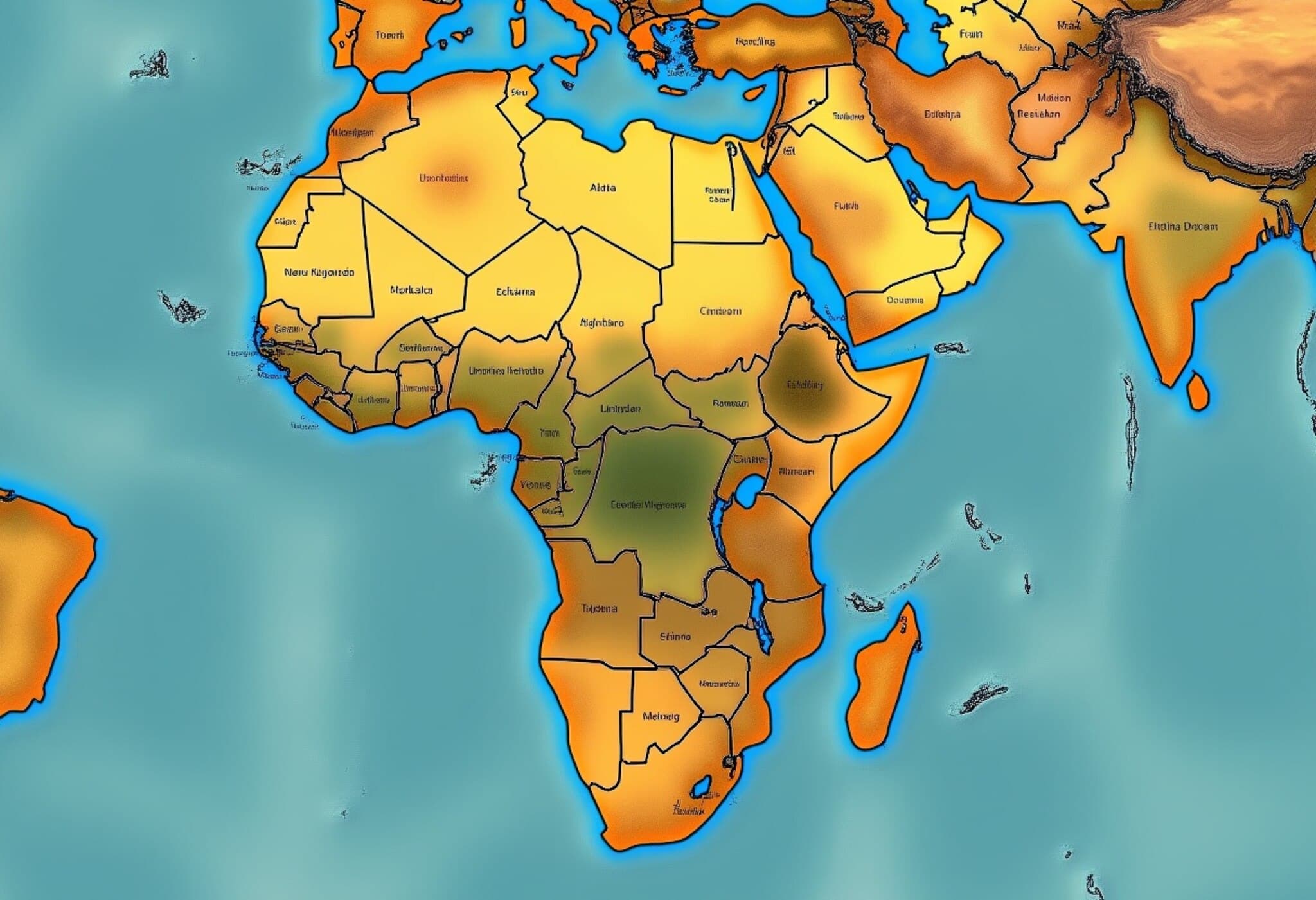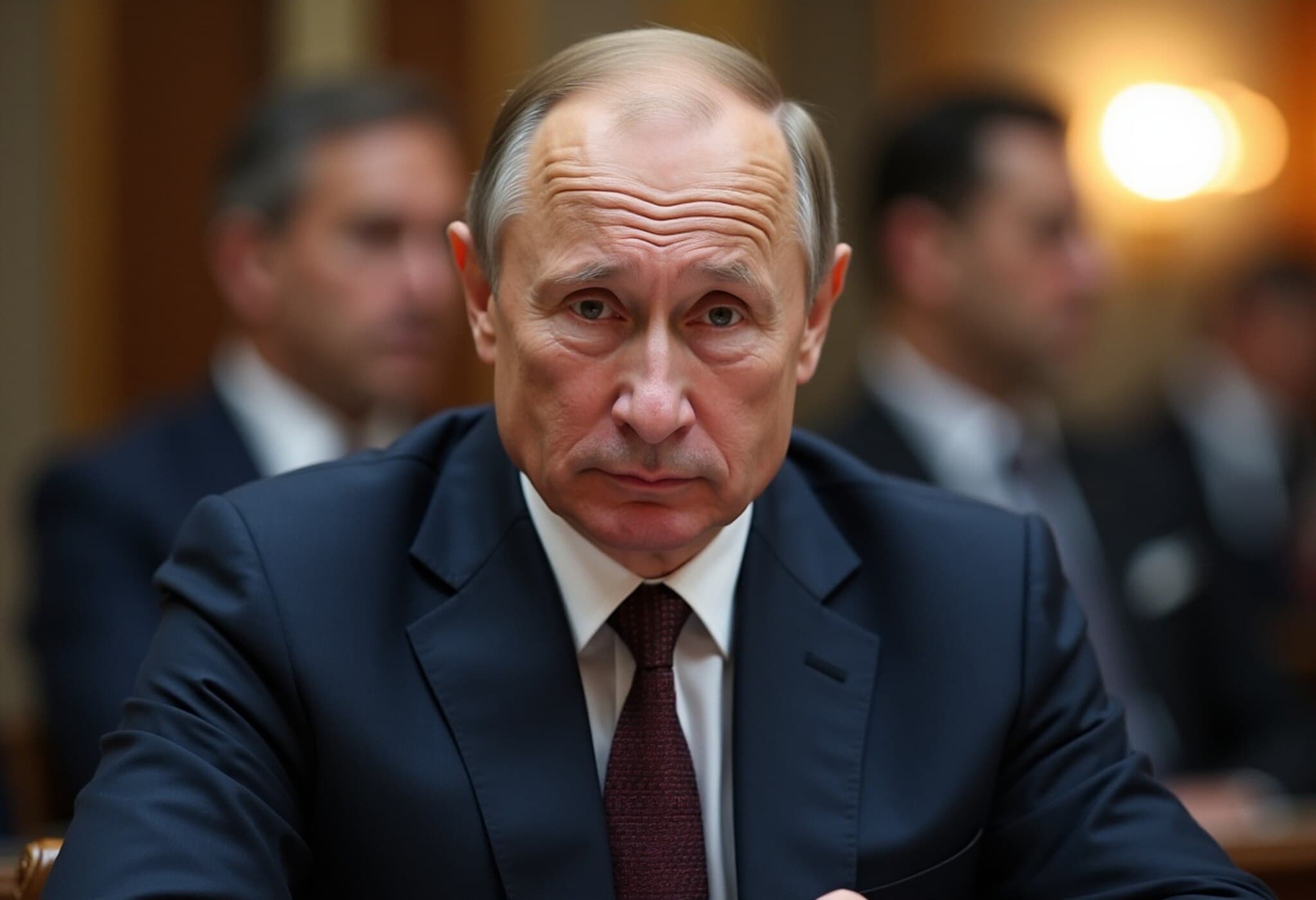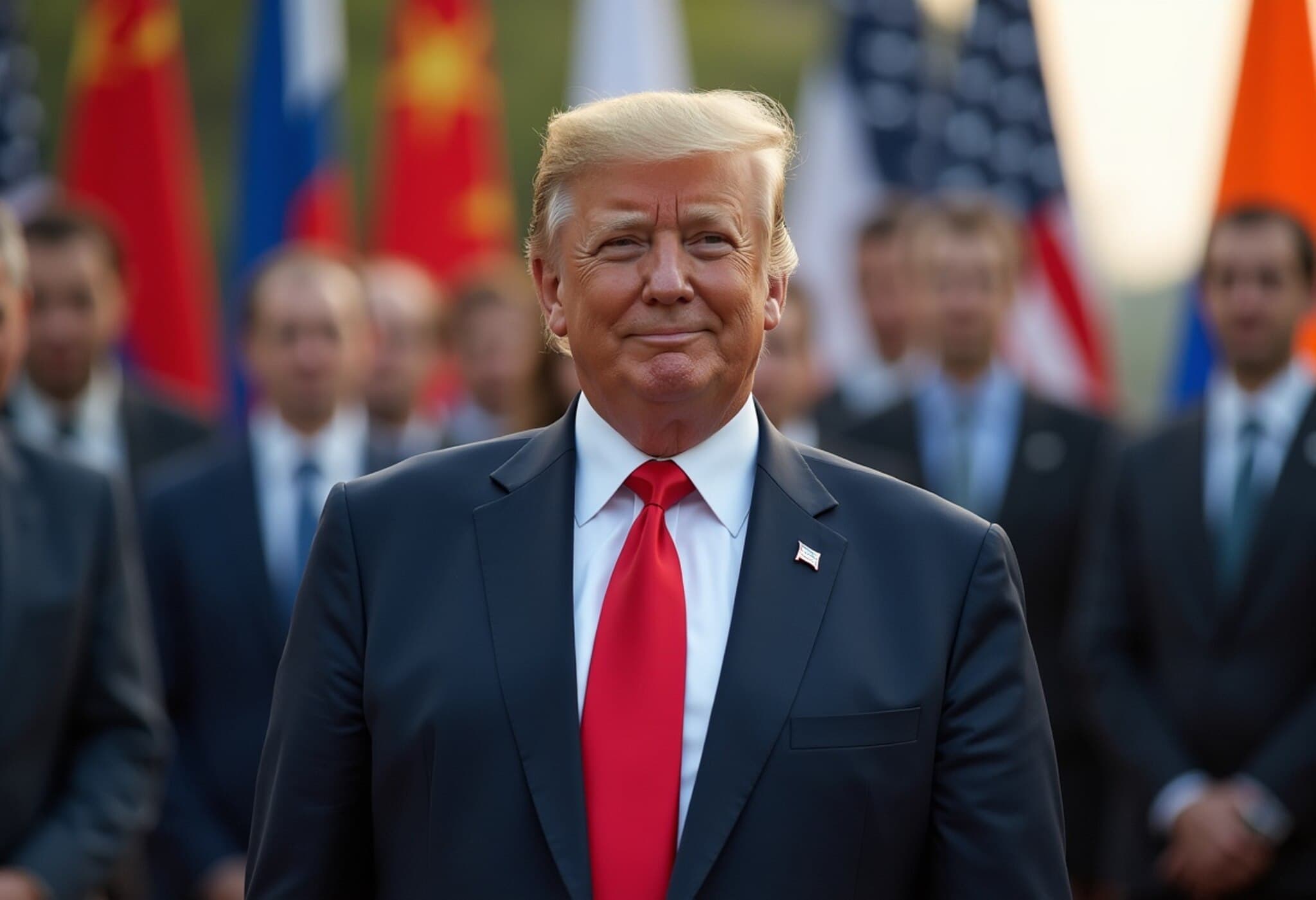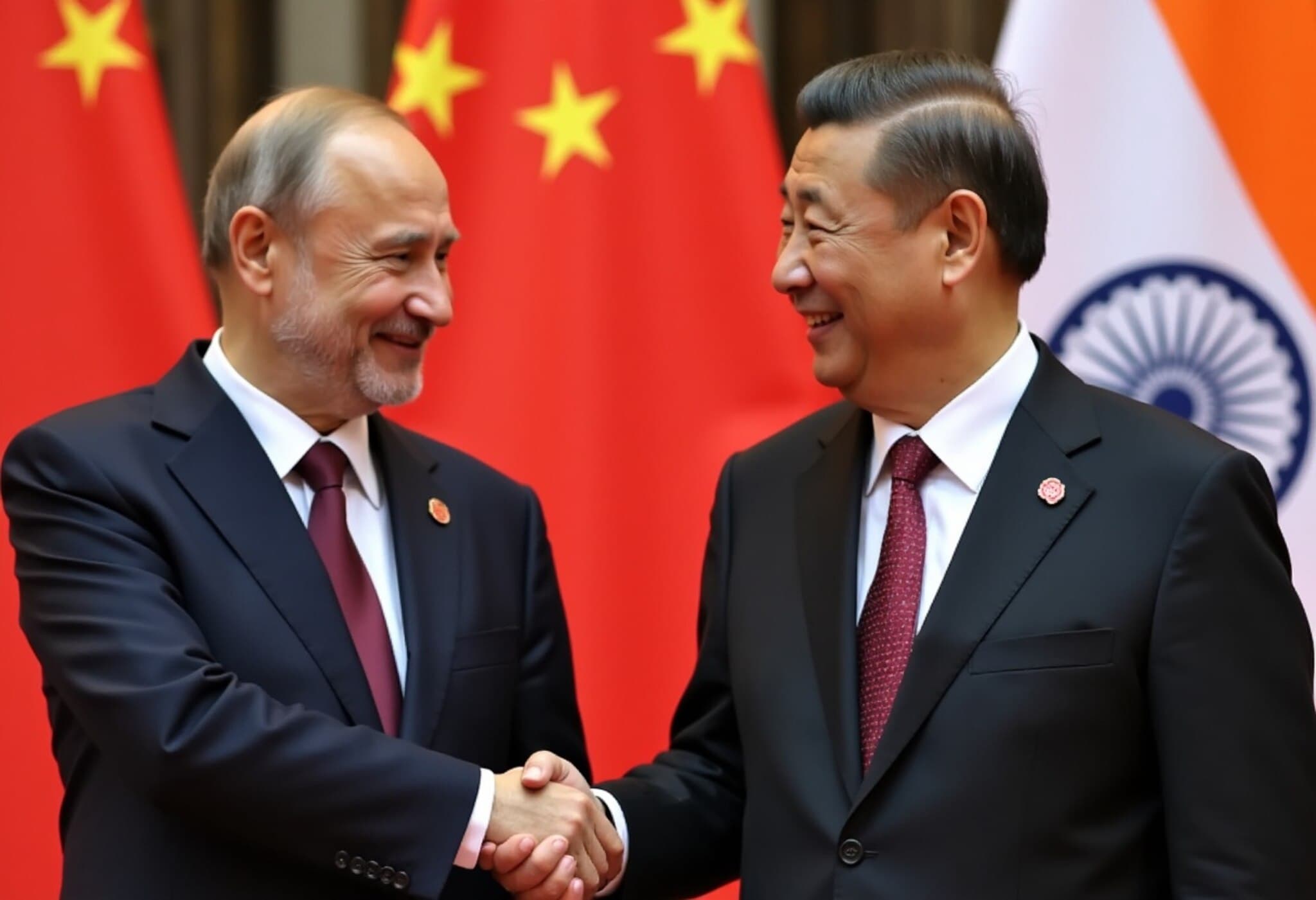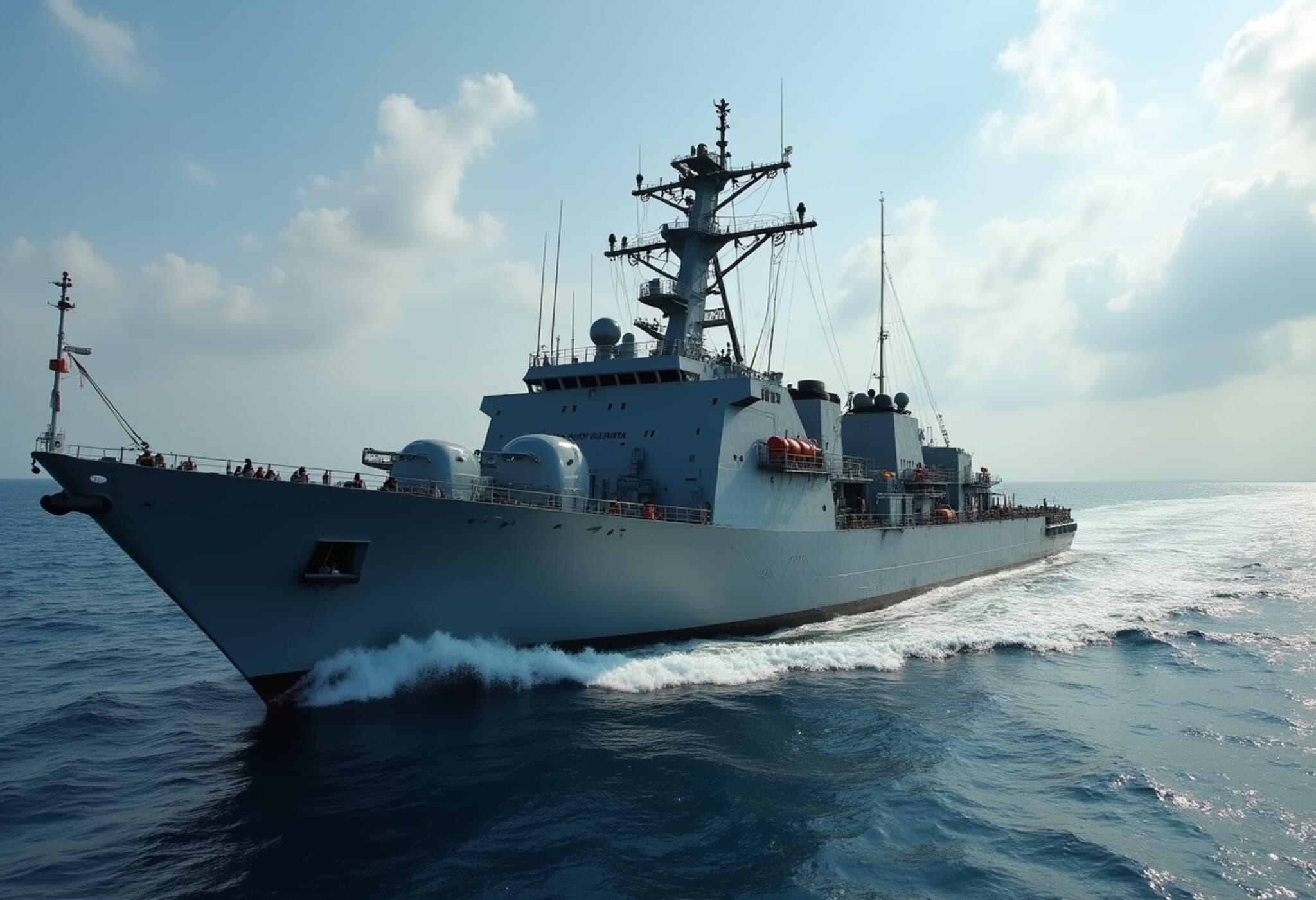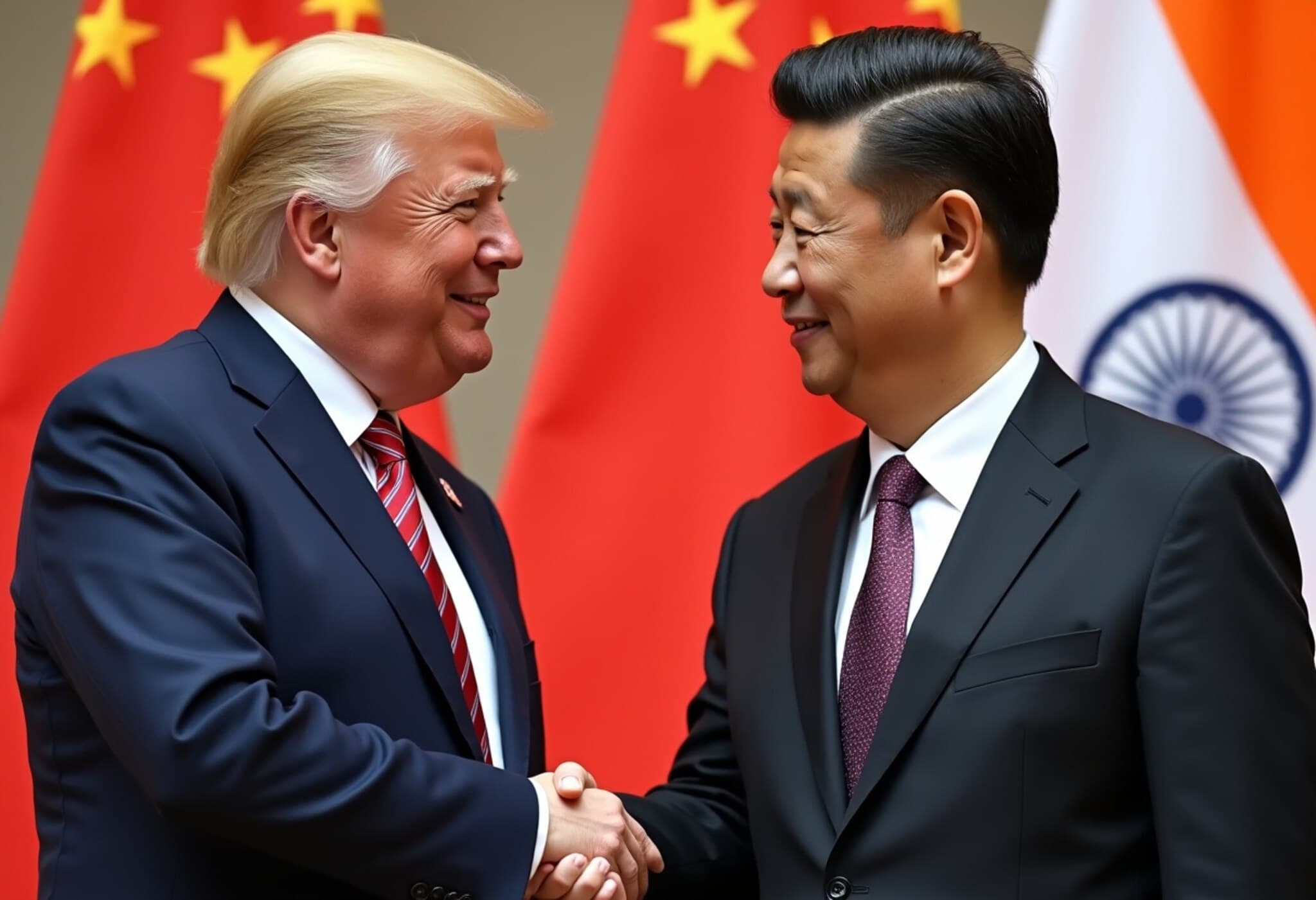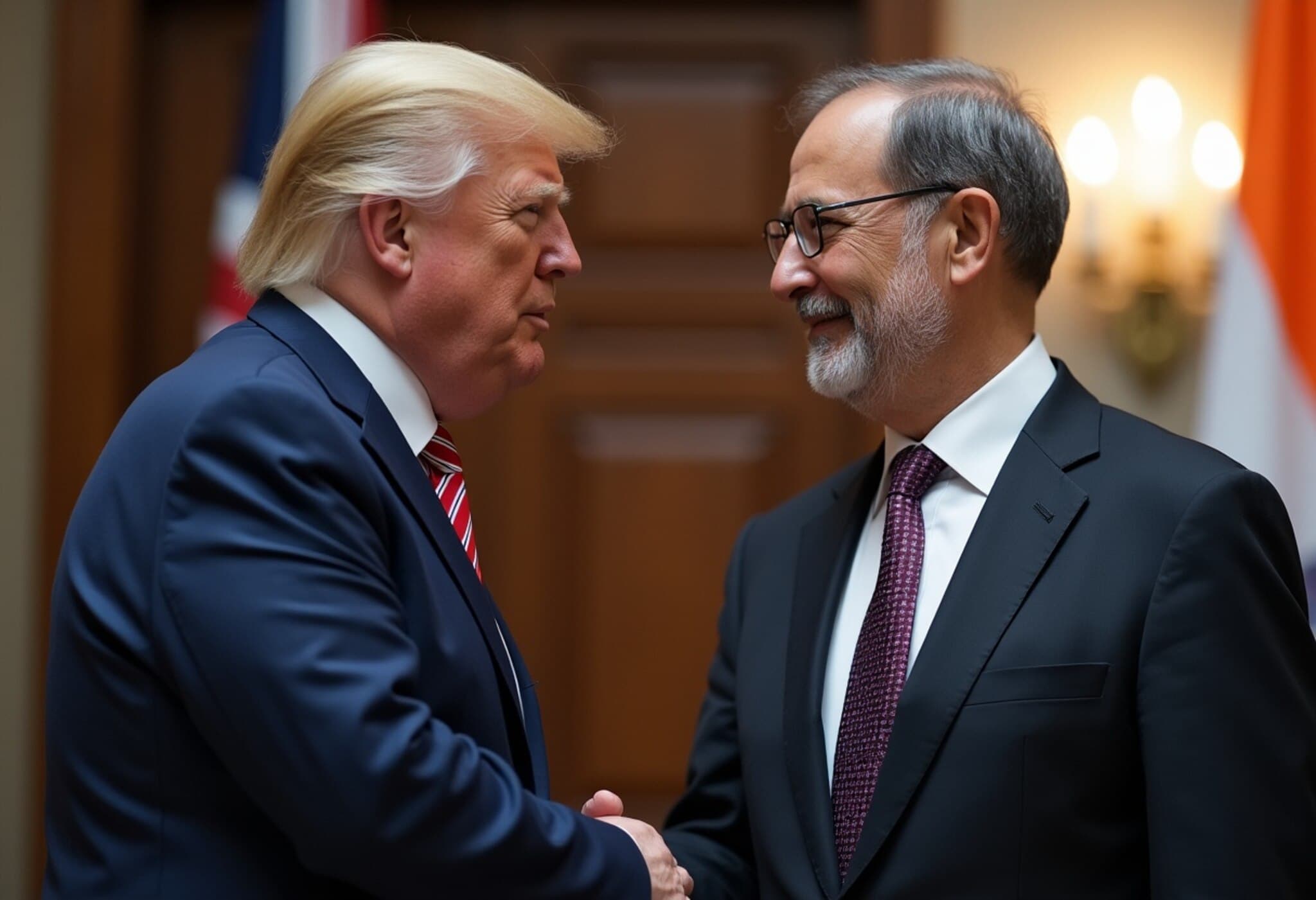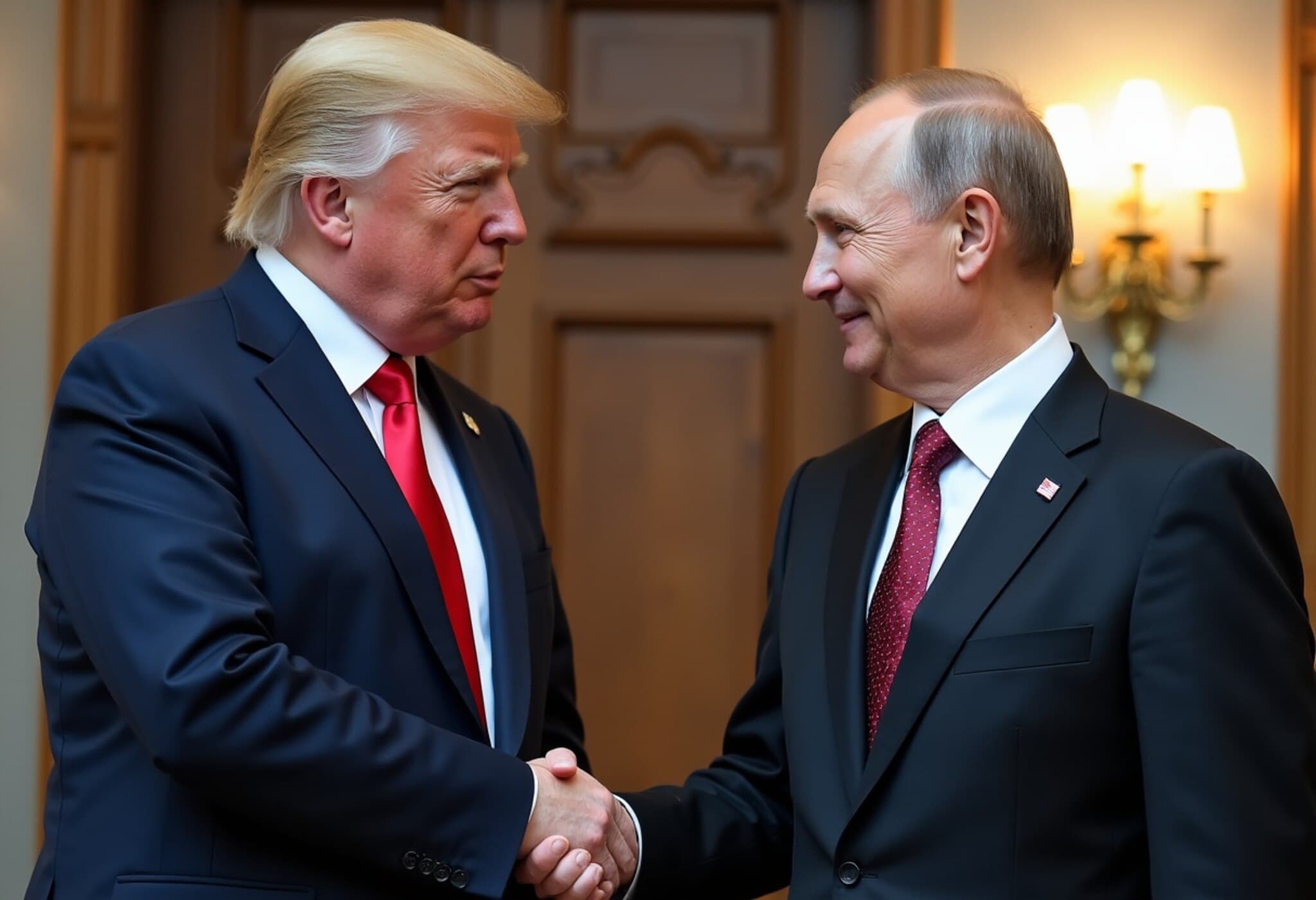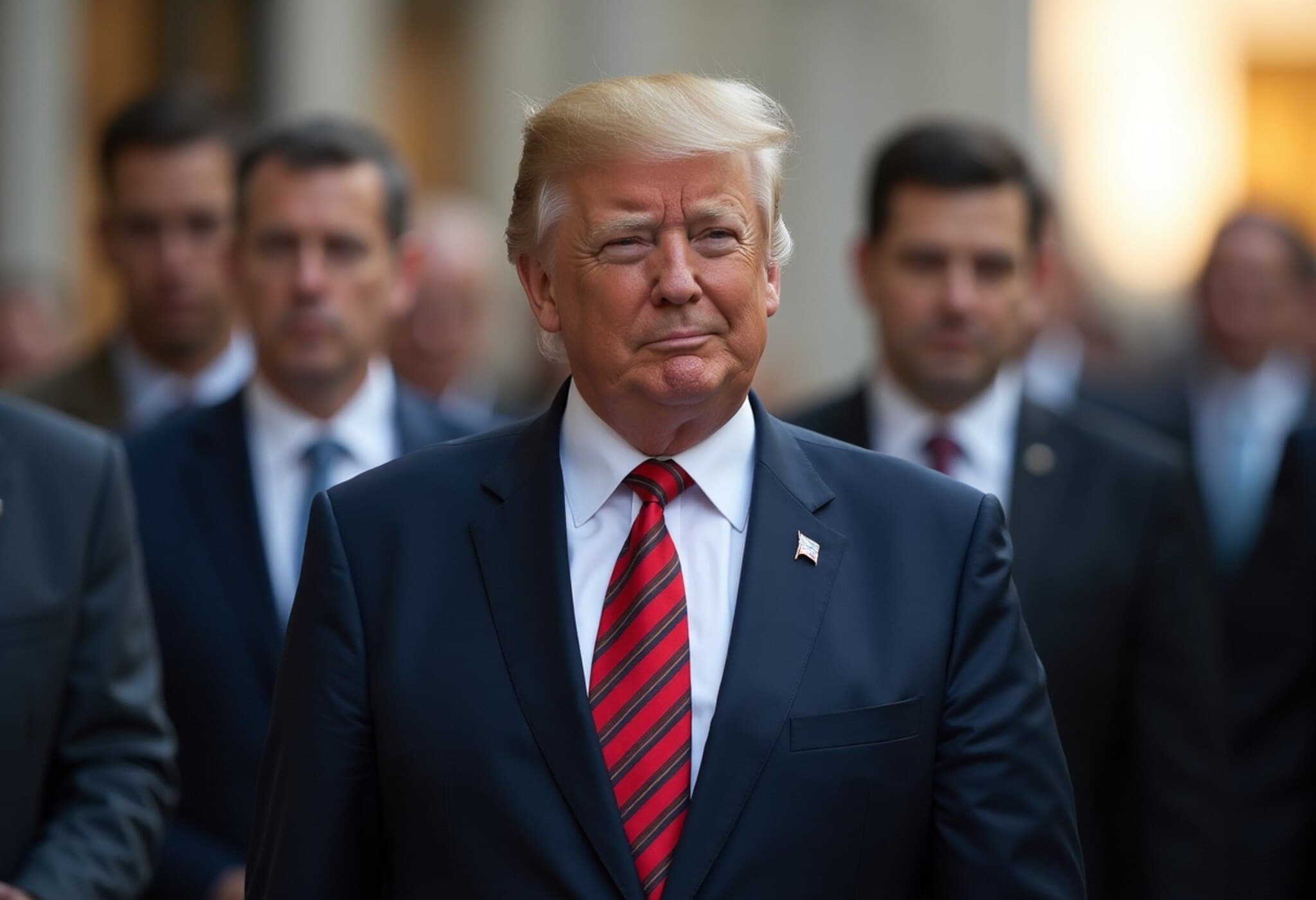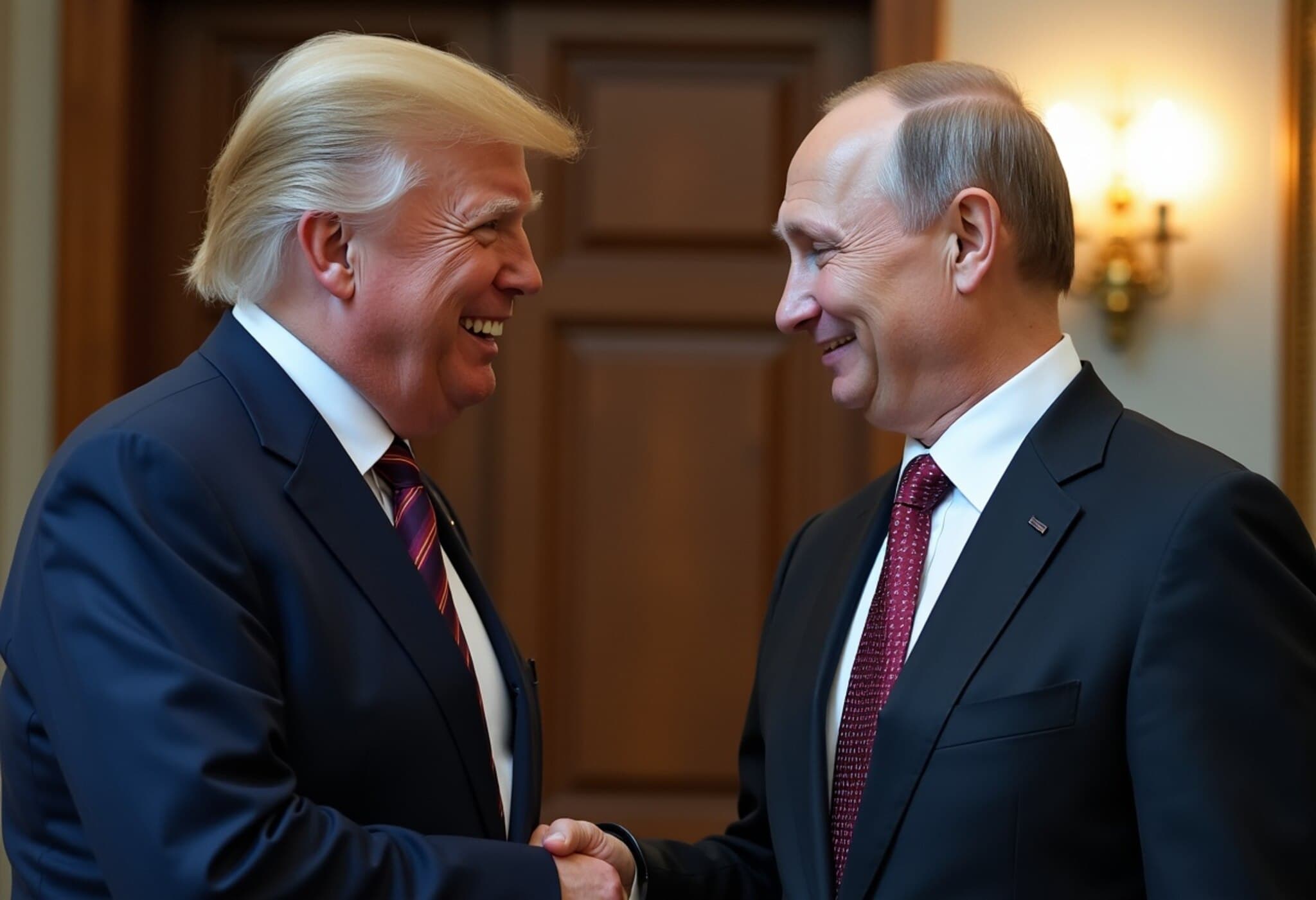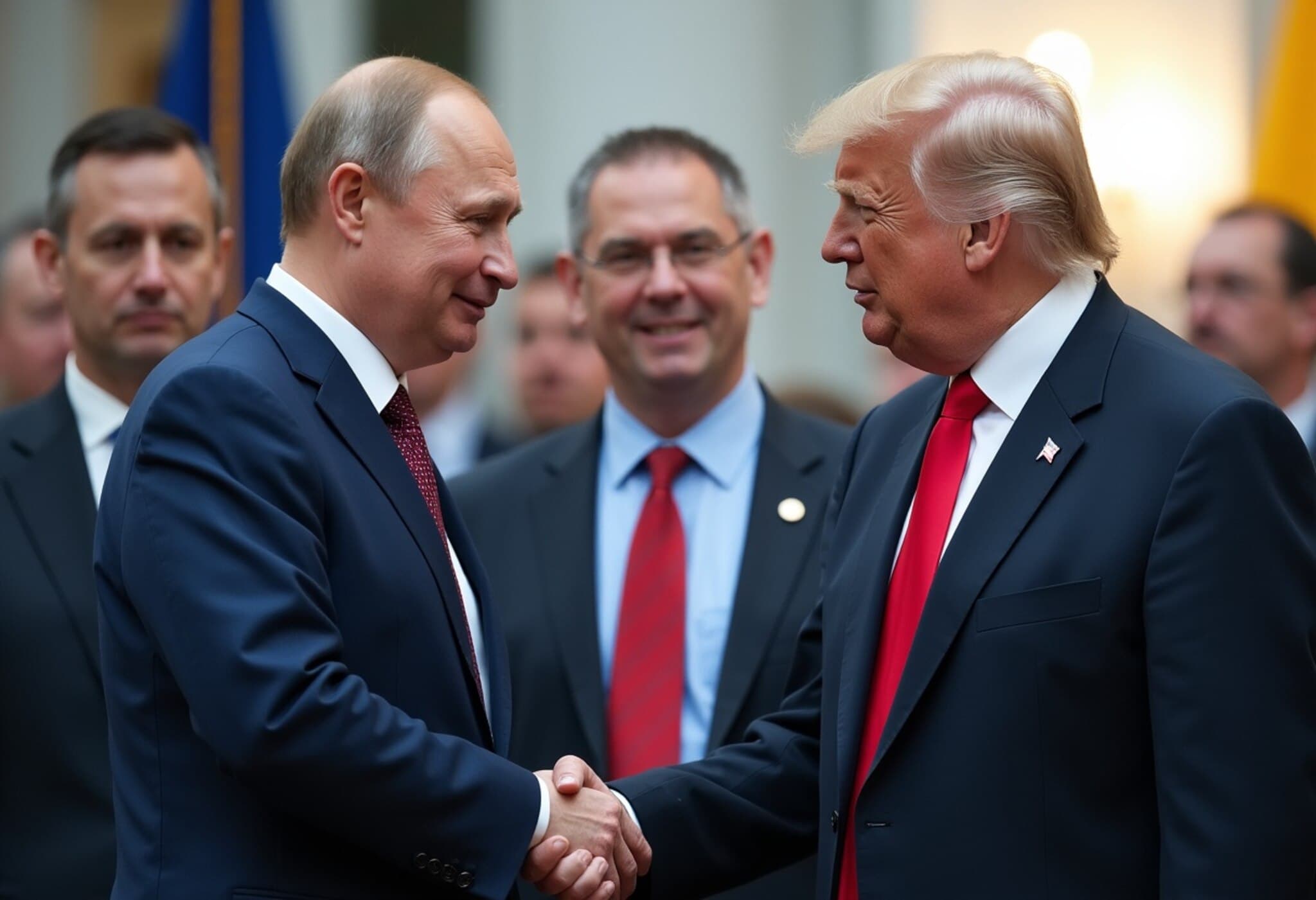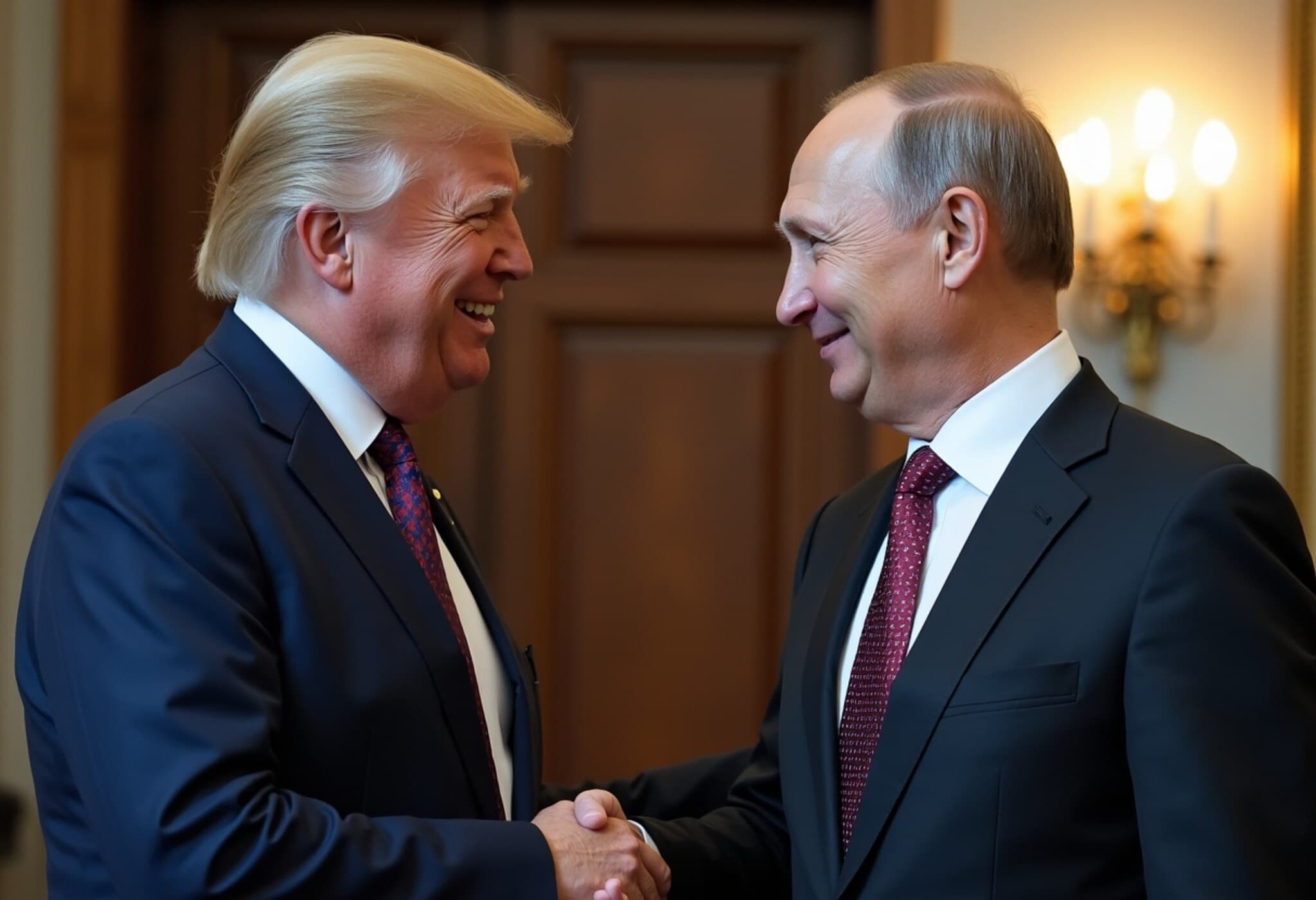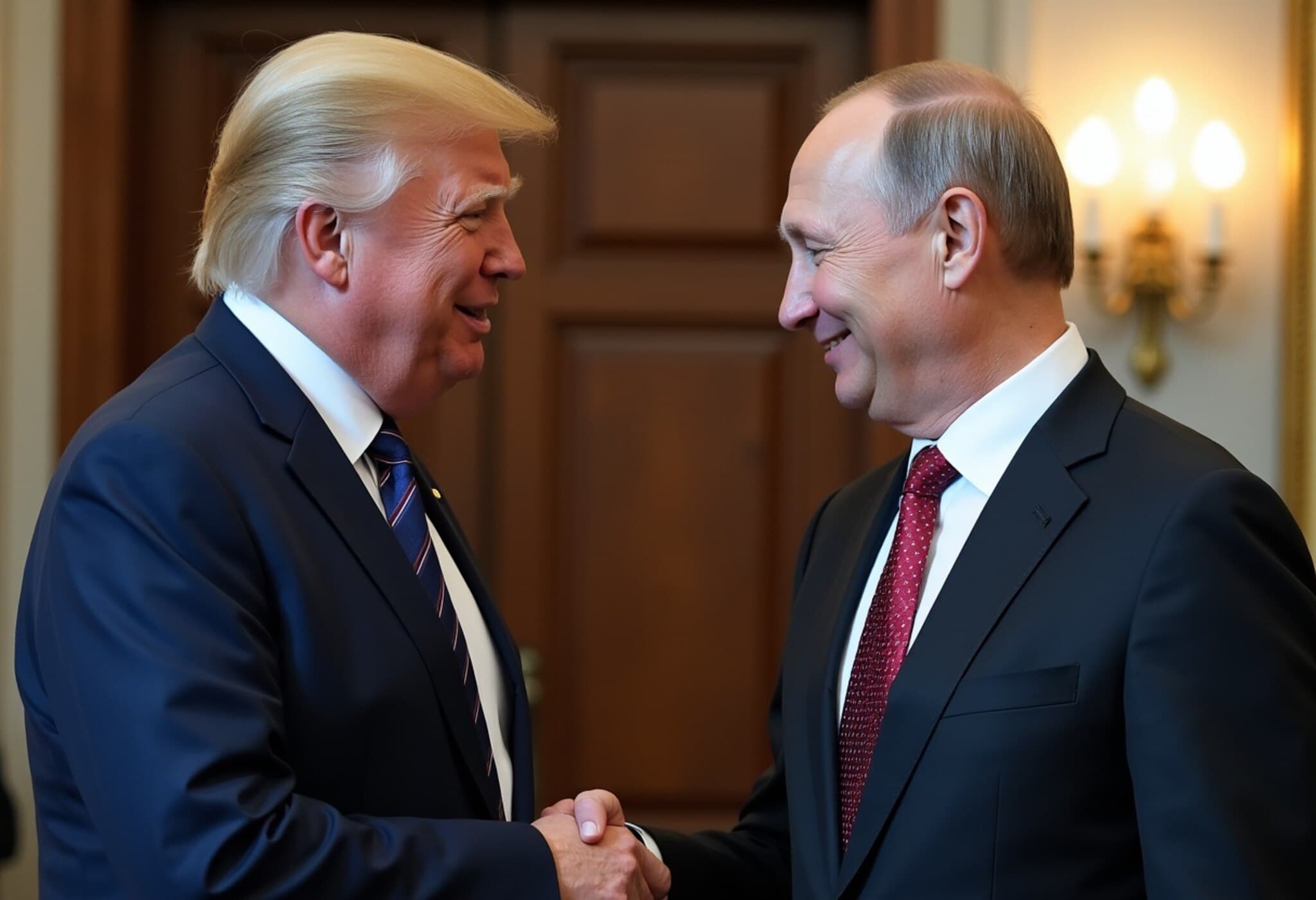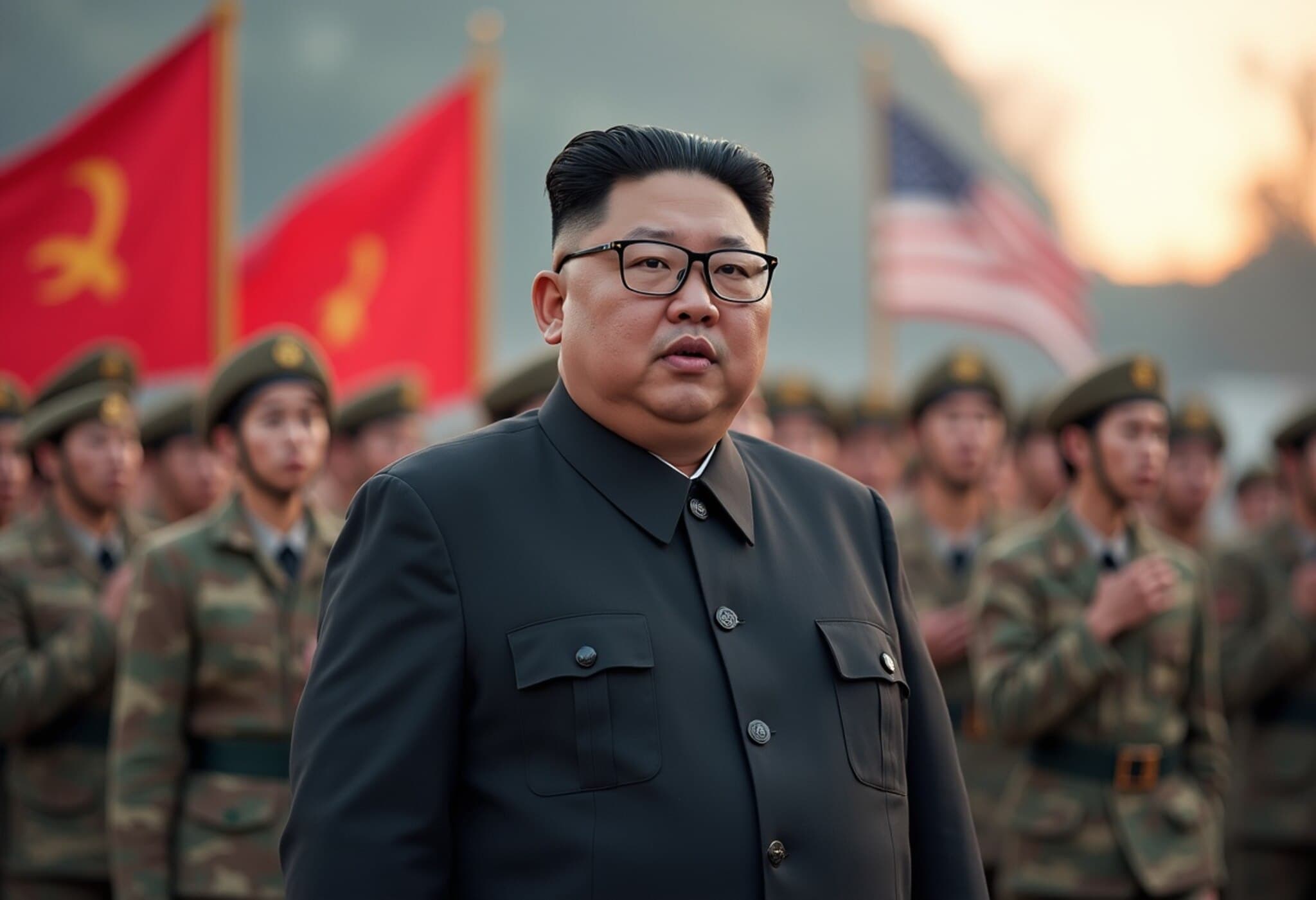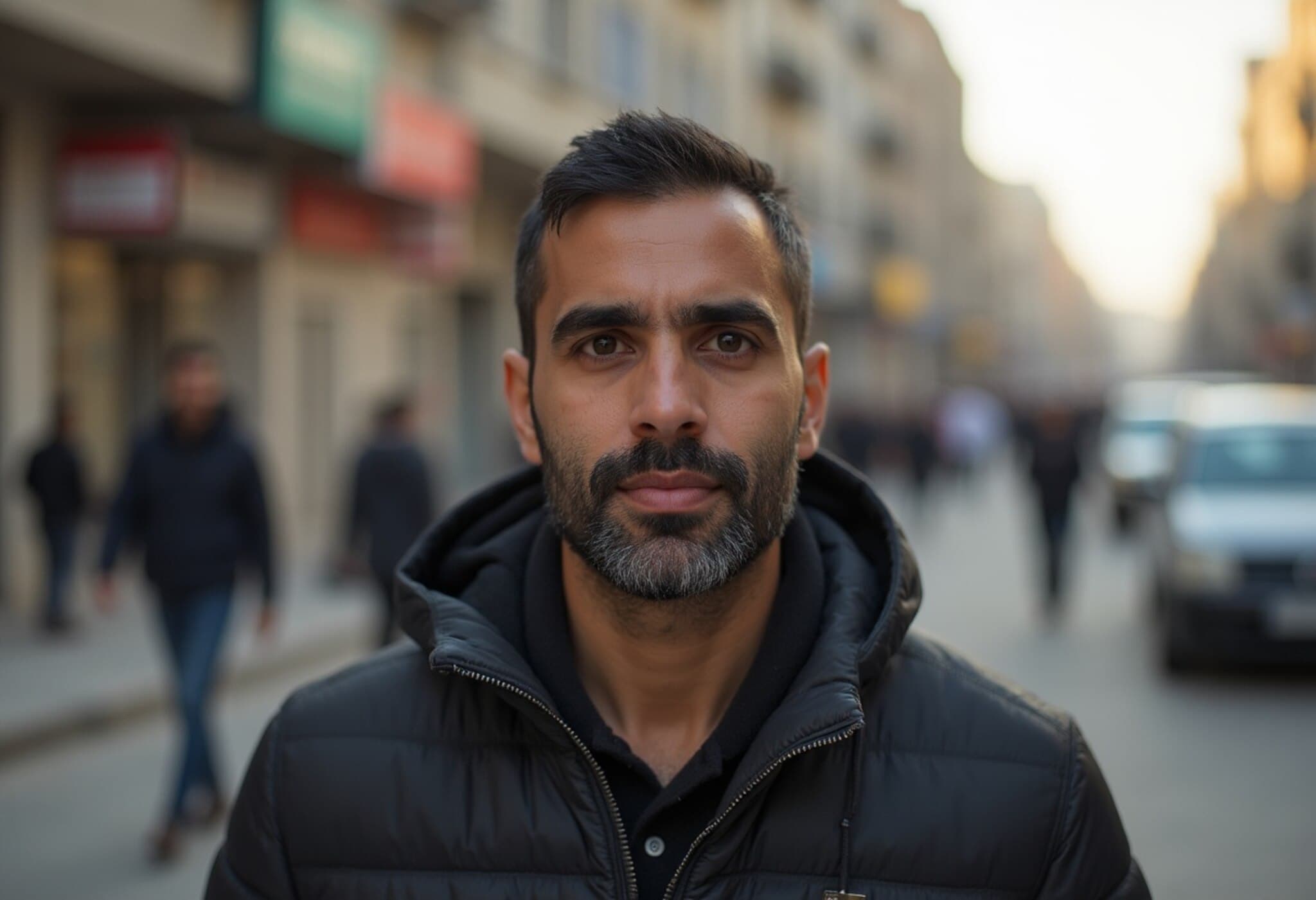Putin’s Calculated Pivot: Gaining Ground with Trump Amid Ukraine War
In an unexpected turn of events, Russian President Vladimir Putin has adeptly shifted his negotiation tactics to secure a crucial meeting with former US President Donald Trump, positioning himself advantageously in the ongoing Ukraine conflict. What initially appeared as a looming diplomatic loss—Trump growing weary of Russia’s prolonged war effort and tightening ties with Ukraine’s President Volodymyr Zelensky—has instead transformed into Kremlin’s strategic win.
From Near Breakdown to Tactical Reengagement
Last month, Putin faced a daunting reality: Trump, once seen as a potential Western ally sympathetic to Russian interests, seemed to be withdrawing support. Trump’s frustration with the status quo had grown palpable, marked by cold ultimatums and a more cordial relationship with Kyiv. This rapprochement threatened to isolate Moscow further in its ambitions to reshape European security architecture.
Yet Putin responded not with confrontation but a subtle, pragmatic recalibration. Moving away from prior hardline denials of negotiation over land, he signaled openness to “territorial swaps”—a phrase strikingly resonant with Trump’s real estate sensibilities. This nuanced shift was enough to entice Trump’s special envoy, Steve Witkoff, to Moscow for direct talks, paving the way for a high-stakes, potentially one-on-one summit between the Russian and US leaders.
Expert Analysis: What This Means for Geopolitics
Sam Greene, a noted expert in Russian politics at King’s College London, characterizes this development as a rescue from vulnerability to strategic advantage: “Putin has maneuvered the negotiation landscape into exactly the position he needs—it’s been a very good week for him.”
At the same time, the diplomatic choreography has sown fresh tension between Washington and Kyiv. President Zelensky has firmly reiterated Ukraine’s constitutional prohibition against ceding territory, underscoring the deep political and ethical divide at the heart of the conflict.
The Triangular Dilemma: US, Russia, and Ukraine
While Trump initially envisioned a three-way summit including Zelensky, the Kremlin swiftly dismissed this prospect, emphasizing a preference for bilateral talks with the US alone. This exclusion reignites crucial questions about the balance of power and voice at the negotiating table:
- Can a durable peace be forged without Ukraine’s direct input?
- Is Trump’s willingness to entertain Russia’s territorial claims an anomaly or a potential wedge in Western unity?
- What are the implications for NATO and the broader Euro-Atlantic security framework if Russia secures guarantees against Ukraine’s Western alliances?
Putin’s Endgame: Beyond Territorial Swaps
Analysts caution that the territorial discussions are merely a piece of Putin’s broader strategic vision. Alexander Gabuev of the Carnegie Russia Eurasia Center stresses that Russia’s core demands include:
- A formal guarantee that Ukraine will not join NATO or other Western military alliances.
- Prohibitions on hosting Western troops or developing military capabilities that could threaten Russia.
Far from seeking a simple ceasefire, Putin aims for a long-term reconfiguration of Eastern Europe’s security order, ensuring Russian dominance and influence.
Potential Outcomes and Broader Impact
Gabuev outlines three scenarios framing Putin’s approach to the summit:
- Achieving a deal through Trump that compels Ukraine to concede territory or policy changes.
- Reaching a deal with Trump that Zelensky rejects, potentially leading the US to abandon Ukraine.
- Prolonging the conflict with the expectation that Ukraine’s defenses will weaken before Russia’s resources do.
These scenarios underline the precarious position of Ukraine and the Western alliance, highlighting the profound stakes involved.
The Human Cost Amid Strategic Calculations
While geopolitical strategizing dominates headlines, the human toll remains immense. Ukrainian soldiers continue to face relentless attacks, including drone strikes, underscoring the brutal reality behind diplomatic posturing.
Stefan Meister from the German Council on Foreign Relations aptly summarizes the contrasting motivations: “For Putin, this is about much bigger goals—his legacy and Russia’s strategic future. Meanwhile, Trump’s focus rests on ending the war swiftly, though it risks sidelining Ukraine’s sovereignty.” Meister concludes that the exclusion of Ukraine from critical discussions amounts to a “disaster” for Kyiv’s future.
Editor’s Note: Navigating the Crossroads of Diplomacy and Sovereignty
Putin’s ability to recalibrate in response to shifting US dynamics underscores the fluidity and complexity of international negotiations in conflict zones. His success in securing direct talks with Trump—without Ukraine’s involvement—raises pressing questions about the legitimacy and efficacy of peace processes that exclude key stakeholders. As the world watches, the challenge remains to find solutions that respect Ukraine’s sovereignty, uphold international law, and stabilize regional security without sacrificing human dignity to geopolitical chess games.
For readers, this evolving situation offers a compelling case study on the interplay between leadership styles, strategic patience, and the high stakes of global diplomacy.

